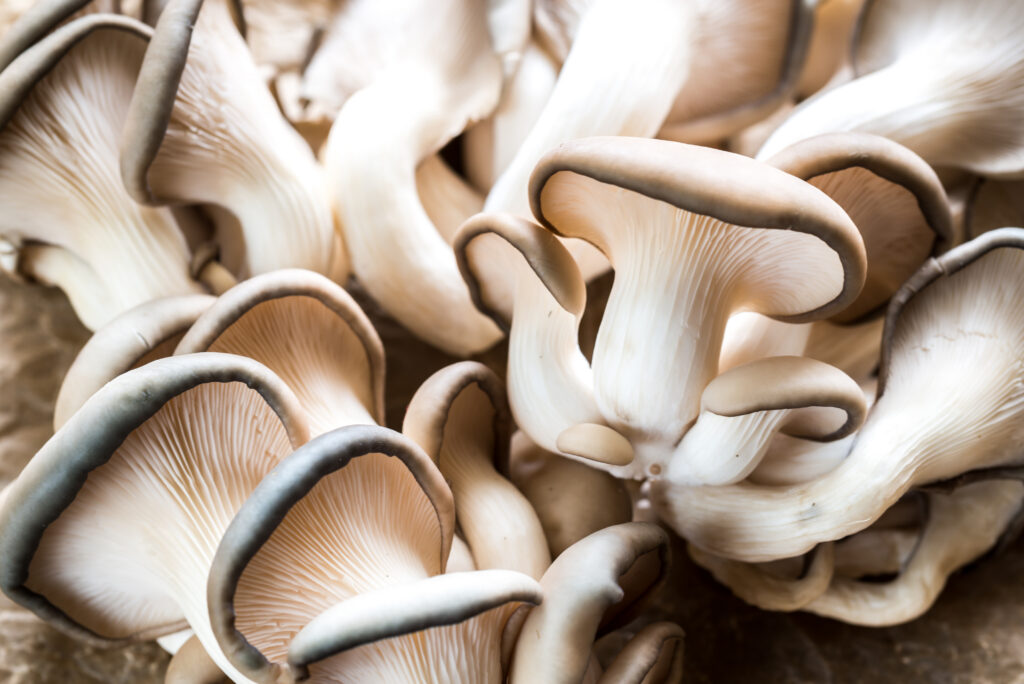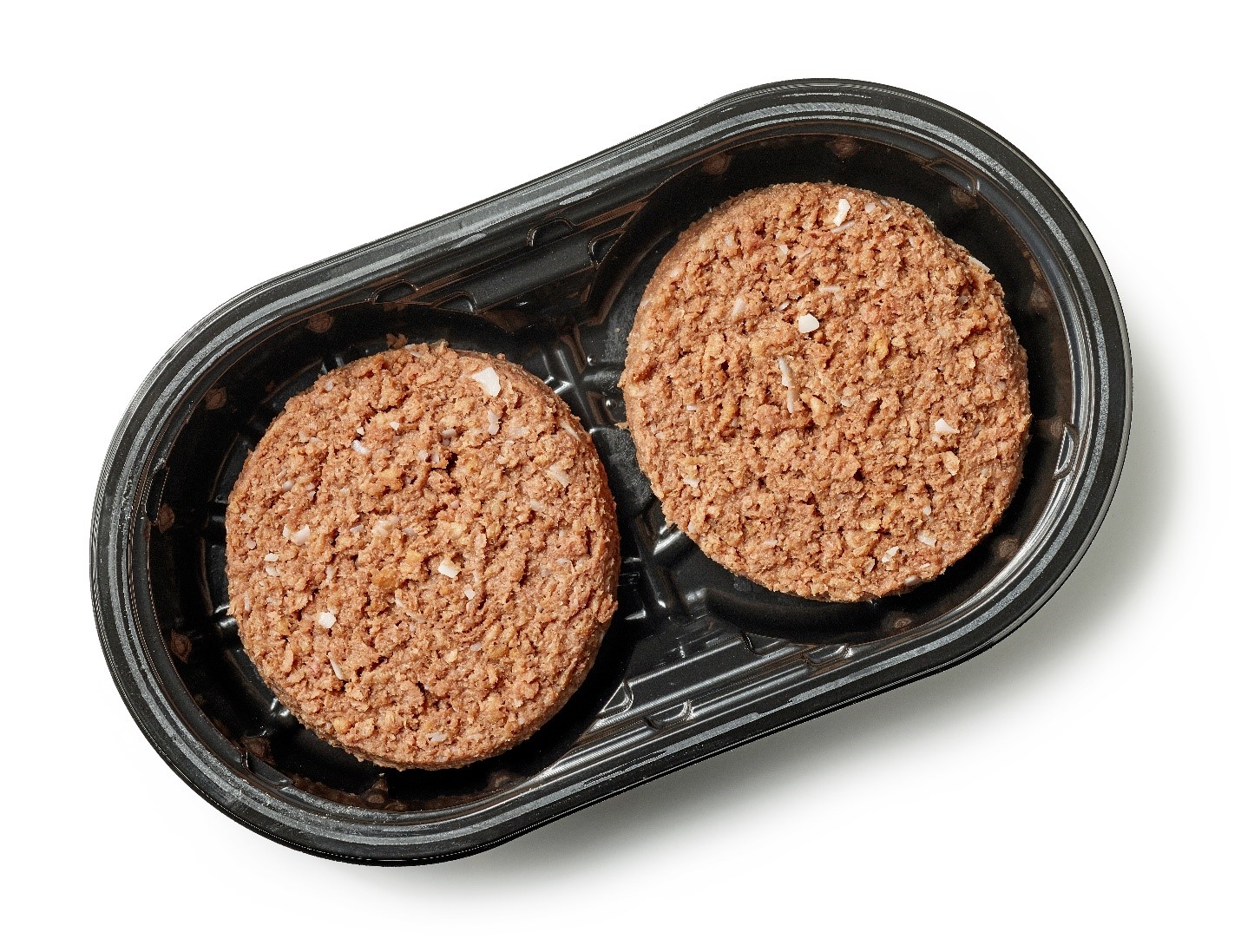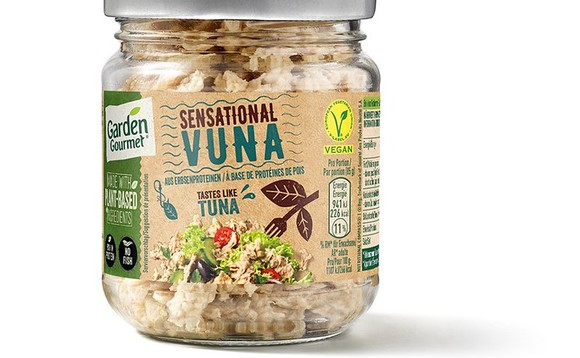October 15 is National Mushroom Day in the US, meaning all eyes are on the fungi today. Not only are mushrooms consumed because of their perceived medicinal benefits, but also their savory umami flavor. They provide easy nutrition, come in several options and are considered one of the most sustainably produced foods in the US.
Among the vast array of meat substitutes, from tofu and texturized vegetable protein to tempeh and seitan, mushrooms are often forgotten in the mix. As a plant-based source of protein with a meaty texture, some companies are realizing the potential of mushrooms as meat alternatives.
Champi Cuisine, a company that sells a variety of pre-packaged mushroom products, envisions a world in which people eat less meat and more mushrooms. The Netherlands-based company offers fresh natural products, including vitamin D mushrooms and wild chanterelles, but their unique angle is how they market and sell mushrooms as meat replacements.
Their pre-packaged King Oyster Steaks and Ready to Grill Oyster XL mushrooms include sauces and herbs and are meant to replace meat not only in flavor but in preparation. The company also makes pulled mushrooms meant to resemble pulled pork, portobello burgers and their champburger, which contains 81 percent fresh mushrooms.
Champi Cuisine is one of the only companies that focuses exclusively on natural mushrooms in the meat replacement category. But some companies are leveraging their proprietary technologies to turn mushrooms into lab-grown, vegan meats.
Atlast Food Co., a New York-based startup, developed a technology to create 3D, whole cuts of plant-based meat using the fast-growing part of a fungus called mycelium. The company can grow meat-like mushroom tissue with various textures at commercial scale in just nine days. Their “bacon without the oink” bacon uses only a few ingredients to replicate the flavor and achieves the texture and mouthfeel of bacon through a patented grow process.
Similarly, a Boulder, Colorado-based startup, Emergy Foods, cultivated fungi-based steaks from a fast-growing microorganism and sells them under the brand Meati Foods. Unlike most alternative meat products, Meati strives to emulate whole animal muscle. In a press release, the company called itself “the first in market to produce whole cuts of plant-based meat in the form of steak and chicken breasts.”
Quorn is another company that some say pioneered the mushroom as meat movement, but its UK launch in 1985 was controversial and its products were heavily scrutinized. Grown in a vat, its main ingredient is something called mycoprotein, which is made by fermenting the fungus fusarium venenatum. At first, it packaged mycoprotein as “mushroom in origin,” and while it’s true that all mushrooms are fungi, not all fungi are mushrooms, and this would be an example. Since its launch, Quorn has gained a large European following and expanded its product line.
Mushrooms are the ideal meat replacers for those trying to consume less meat and more fruits and vegetables. Because of their versatile nature, mushrooms offer several advantages as meat replacers since they can be formed into more than just veggie patties. While mushrooms still remain a small component of the meat replacement category, they are slowly gaining recognition and have the potential to be the next big hit in the world of plant-based meats.










Join or login to leave a comment
JOIN LOGIN